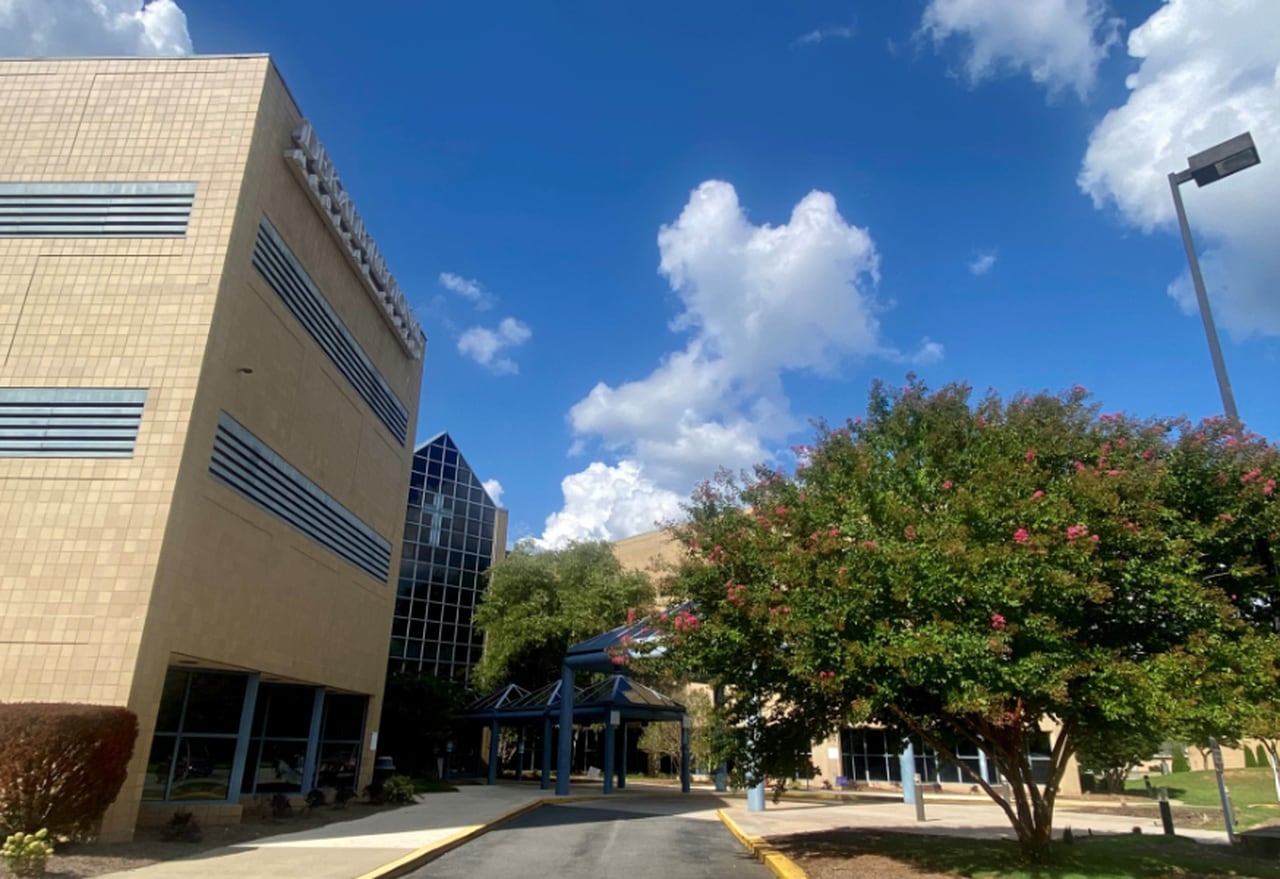Huntsville Hospital CEO: DeKalb acquisition is âpart of our missionâ
The CEO of Huntsville Hospital Health System said its acquisition of Fort Payne’s DeKalb Regional Medical Center is another reflection of the challenging landscape for rural hospitals in the U.S. and Alabama.
“Being part of a regional health care system gives them access to local resources they don’t have,” CEO Jeff Samz said.
“We can help them with recruitment, contracting, any number of issues that are local where they need regional scale.”
Huntsville Hospital Health System is acquiring DeKalb Regional Medical Center, a 134-bed hospital in Fort Payne.
Terms of the deal, which includes related physician clinics and other outpatient facilities, were not disclosed. The acquisition is expected to be finalized March 31, pending regulatory approvals.
In a statement, HHHS said it is “committed to employee retention and has indicated that employment will continue for substantially all employees in good standing at the time of transition.”
DCHA will continue to operate the DeKalb Ambulance Service as a separate organization.
The system has a network of 13 hospitals across Alabama and one in Tennessee. Samz said the system is dedicated to remaining a Tennessee Valley entity.
“The board I answer to, it really wants us doing our work in North Alabama,” Samz said. “That means we stay in our lane. DeKalb County is very clearly part of that market. We’re pretty happy with what we have. We only want to improve the lives of people in these communities, so that they have health care close to home.”
Samz said talks began “off and on” about the deal roughly a year ago, “looking for a model that would be sustainable.”
Last year, a report found that nearly half of Alabama’s rural hospitals were in danger of closing due to financial losses on patient services. Seven rural hospitals in Alabama have shuttered since 2005.
Samz said the physical building at DeKalb Regional, built in mid-80s, is in “good shape.”
“The staff are people who live in the community and are very passionate,” he said. “We’re just getting to know each other. Our efforts at first will revolve around recruiting additional doctors to the community and getting its core services shored up.”
